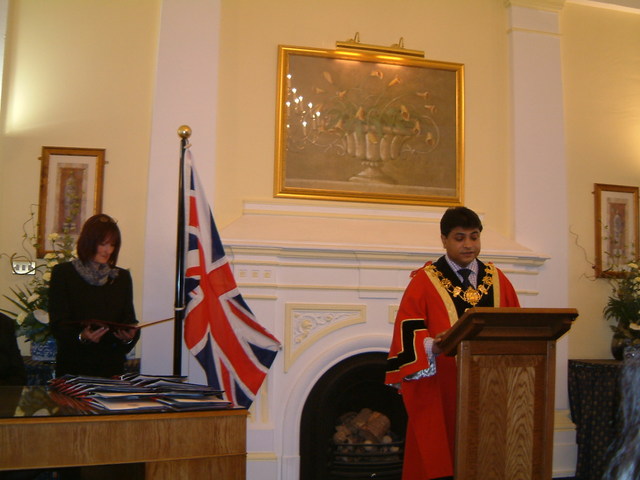
A simplified route for citizens of the Republic of Ireland to acquire British citizenship is close to becoming law. The British Nationality (Irish Citizens) Bill, which has already passed the
House of Commons, received its second reading in the House of Lords on Friday, garnering cross-party support.
This private member’s bill will enable Irish nationals to register for British citizenship after five years of residency in the UK without needing to pass an English language test or the Life in the UK test.
Under the Good Friday Agreement, individuals born in Northern Ireland have the right to choose Irish citizenship, British citizenship, or both. The Irish Government has a straightforward process that allows anyone born on the island of Ireland, as well as their partners or descendants up to great-grandparents, to obtain an Irish passport for £80.
Currently, Irish citizens living in the UK, including Northern Ireland, can work, study, and vote but must follow the same citizenship process as other foreign nationals. This includes passing language and life knowledge tests and paying a £1,630 naturalisation fee.
Lord Hay, who moved from the Republic of Ireland to Londonderry at age six, called this situation “an anomaly” that was overlooked during the Belfast or St Andrews agreements. He described the existing process as “lengthy and costly” and “unjust” for long-term Irish residents in Northern Ireland.
UUP peer Lord Rogan called it an “abomination” that an easier citizenship route isn't already available for Irish nationals. He acknowledged his responsibility for the exclusion of Republic-born individuals from the Belfast Agreement’s identity and citizenship provisions.
DUP peer Lord Browne of Belmont criticized the current process as “costly, over-bureaucratic and uniquely discriminatory.” He argued that requiring a naturalisation fee from Irish people contradicts the spirit of the Belfast and St Andrews agreements.
As of the 2021 census, 324,670 Irish-born individuals reside in the UK. To be eligible for British citizenship, they must have lived in the UK for five years, have limited absences, and comply with immigration laws. This bill will apply to those in England, Wales, Scotland, Northern Ireland, the Channel Islands, the Isle of Man, and British overseas territories.
Home Office Minister Lord Sharpe of Epsom reiterated the Government’s support for the bill. He highlighted the unique UK-Ireland relationship and stated that Irish nationals would likely already have sufficient knowledge of the UK due to their residency, making additional tests unnecessary.
This legislation seeks to rectify the current imbalance and provide Irish-born citizens living in the UK with a fairer pathway to British citizenship. Photo by Greg, Wikimedia commons.


































